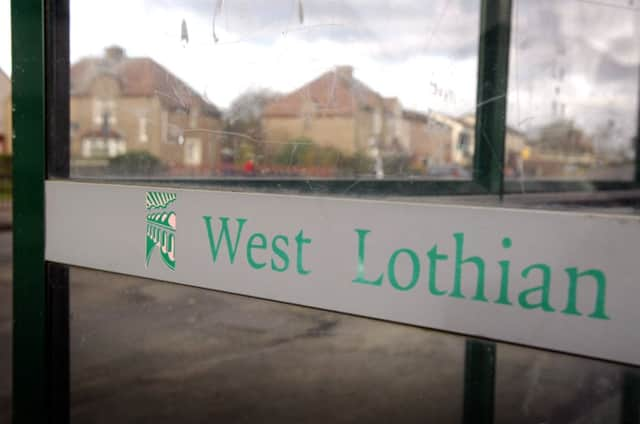Tom Peterkin: Devolution and question that won’t die


The problem with Scottish devolution, as Dalyell saw it back in 1977, is still a moot point. Why should he, then a Scottish MP, be allowed to vote on matters affecting Blackburn, Lancashire, while his counterpart in the English town cannot vote on many issues affecting Blackburn in his West Lothian constituency.
With the three main pro-Union parties now calling for more devolution, Sir John Major had his own take on the implications for the rest of the UK of the latest constitutional developments.
Advertisement
Hide AdAdvertisement
Hide Ad“Devolution is no longer a West Lothian Question, experience shows us it is a West Berkshire Question as well,” the former prime minister said.
Major’s argument was that the increased powers proposed for Scotland in the event of a No vote mean that the impact of enhanced Scottish devolution on other parts of the UK needs to be considered carefully.
Having campaigned against devolution in 1992 and 1997 on the basis that it would be a “stepping stone to separation”, Major claimed to be a convert, albeit a reluctant one, to the Scottish Parliament.
That conversion included a recognition that the days of a single-level UK where all decisions were taken in a uniform manner at Westminster have long gone.
What is now required, Major appeared to be suggesting, was a far more sophisticated settlement that takes into account the needs of the various countries, cities and regions making up the UK.
Major shied away from offering his own vision of how that might be done, arguing it was a matter that all the parties had to discuss together. He did, however, allude to the McKay Commission – a report commissioned by the coalition government to look at the issue of Scottish, Welsh and Northern Irish MPs having influence over legislation that just affects England.
In particular, Major mentioned its proposal that a grand committee of English MPs could be established to look at English-only legislation.
The McKay Commission is not the only game in town when it comes to discussing UK constitutional developments. The Lib Dem peer Lord Purvis and the Labour peer Lord Foulkes have set up a cross-party group at Westminster looking at decentralising power from Westminster to improve accountability across the UK.
Or as Major put it this week: “The status quo at Westminster and Cardiff cannot be sustained and will have to be changed. The question to be decided is how.”